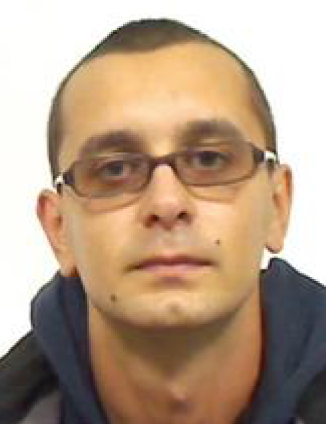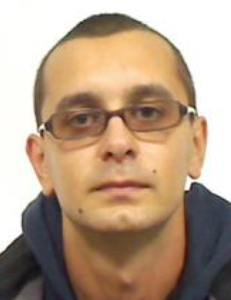

- Question Daniel David: Please introduce yourself briefly.
My name is Dan Constantin Niță and I am a Researcher within “Smart Systems for Public Safety through Control and Mitigation of Residential Radon linked with Energy Efficiency Optimization of Buildings in Romanian Major Urban Agglomerations” (SMART-RAD-EN) EU project at the Faculty of Environmental Science and Engineering, UBB, Research Collaborator within the ICPMS laboratory, Department of Geology, UBB and Research Collaborator at School of Geographical Sciences, University of Bristol.
I have graduated Faculty of Physics, the Master and Doctorate being completed at Faculty of Environmental Science and Engineering under the careful supervision of Prof. Univ. Dr. Constantin Cosma, receiving the doctor title in 2012.
My main research is based on high precision isotopic analysis and uranium series dating with implications in development of new measurement techniques, geochronology, paleoclimatology, mammal evolution, nuclear forensics, etc.; the radioactivity of different natural and anthropic materials from different environments being my secondary area of research.
- Question Daniel David: Please address the outstanding academic achievement which brought forth this interview.
The recent publication in Nature, “CO2 storage and release in the deep Southern Ocean on millennial to centennial timescales” shows that the rapid release of the CO2 stored in the deep Antarctic Ocean helped end the last ice age.
The data was produced using as samples deep sea corals from 1000 m below the sea surface in the Southern Ocean. Thus, the new results on the pH of the deep ocean in the past have helped tracking the CO2 loss from the ocean to the atmosphere at the end of the last ice age.
Even though many scientists suspected that the ocean around Antarctica have been responsible for the CO2 changes during glacial periods, previously there was no evidence to prove this directly.
The results help for a better understanding of ice ages but also have implications for the current CO2 rise. Thus, some researchers are pointing out that if the CO2 helped end the last ice age and sea level rise of over 100 m, maybe we should take more seriously the effects of the continuous rise of CO2 level due to human activity.
Another scientific achievement that led to this interview is the paper “Orbital precession modulates interannual rainfall variability, as recorded in a Early Pleistocene speleothem” published in the Geology journal; being #1 ranked “geology” journal. (https://doi.org/10.1130/G45019.1).
-
Question Daniel David: What are the academic plans for the future?
On short term the priority is to start the research activities in the ICPMS lab from the Department of Geology, UBB, and on long term the equipping and extension of the laboratory to be able to access research topics of great interest. Another part of my future plans is to continue the research related to environmental radioactivity.
- Question Daniel David: Why did you choose UBB?
At UBB I did my studies and I was formed as a researcher. Although I have spent several years at renowned universities and collaborating perhaps with even more famous institutions, I have returned to Cluj hoping to continue the research started abroad and to be able to apply what I’ve learned.
- Question Daniel David: Please share a message for the UBB community.
I am honoured to be part of the UBB community, being in my opinion, the best university in Romania. As far as UBB research is concerned, there is a remarkable potential, perhaps well above that of some internationally prestigious institutions, and I hope it will be exploited in the future as it should be.
Useful links:
https://www.scopus.com/authid/detail.uri?authorId=54405165200

